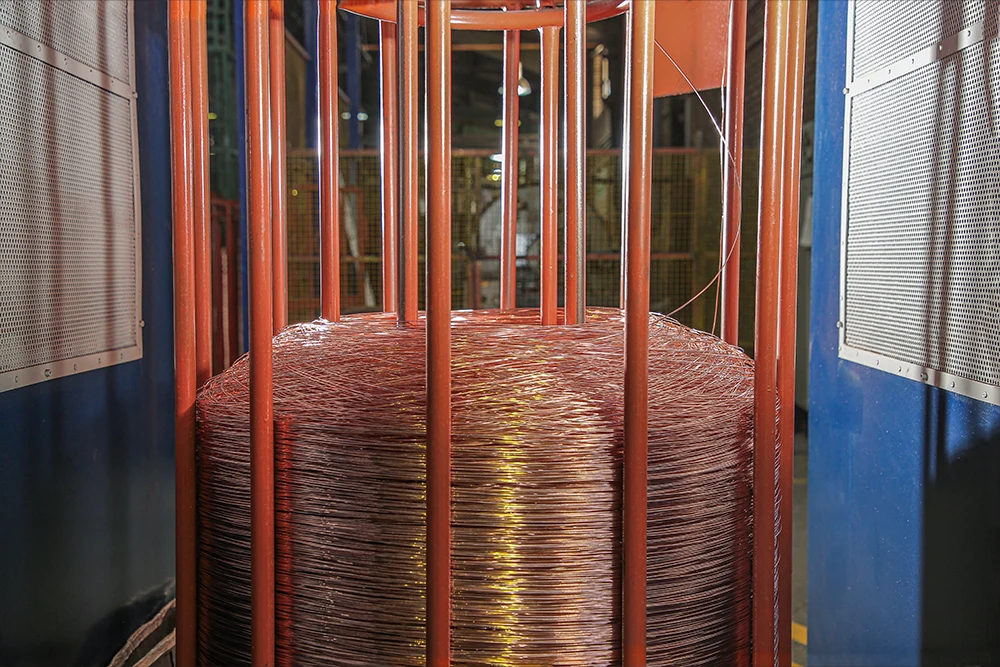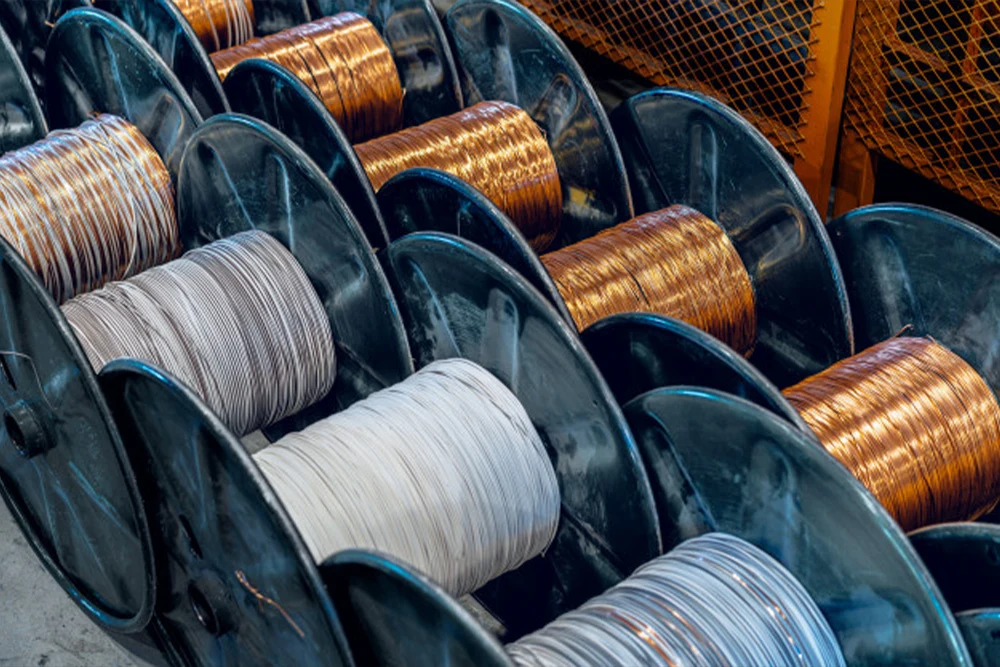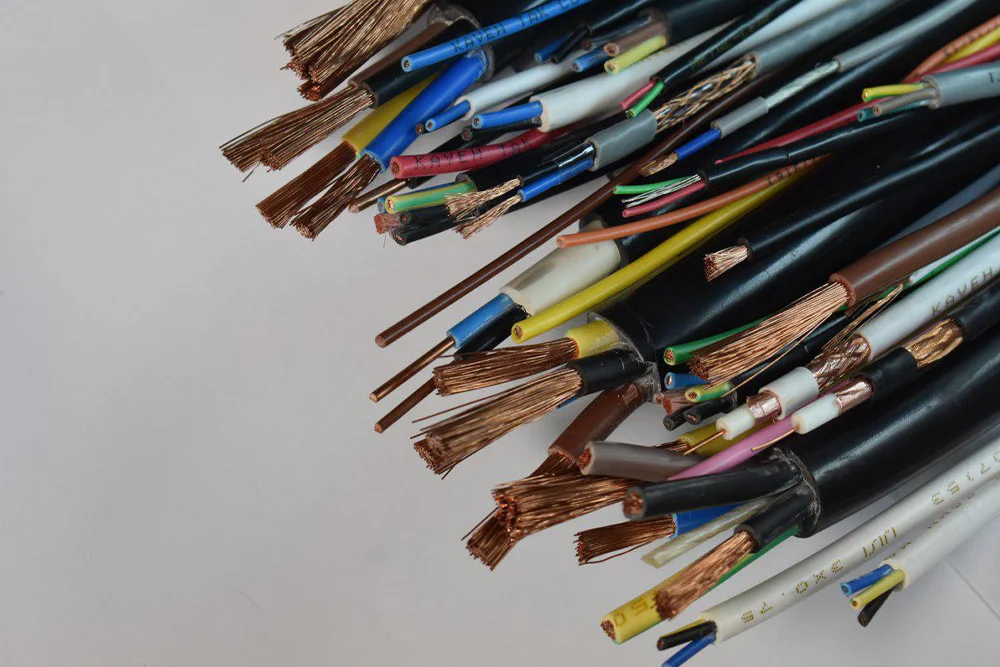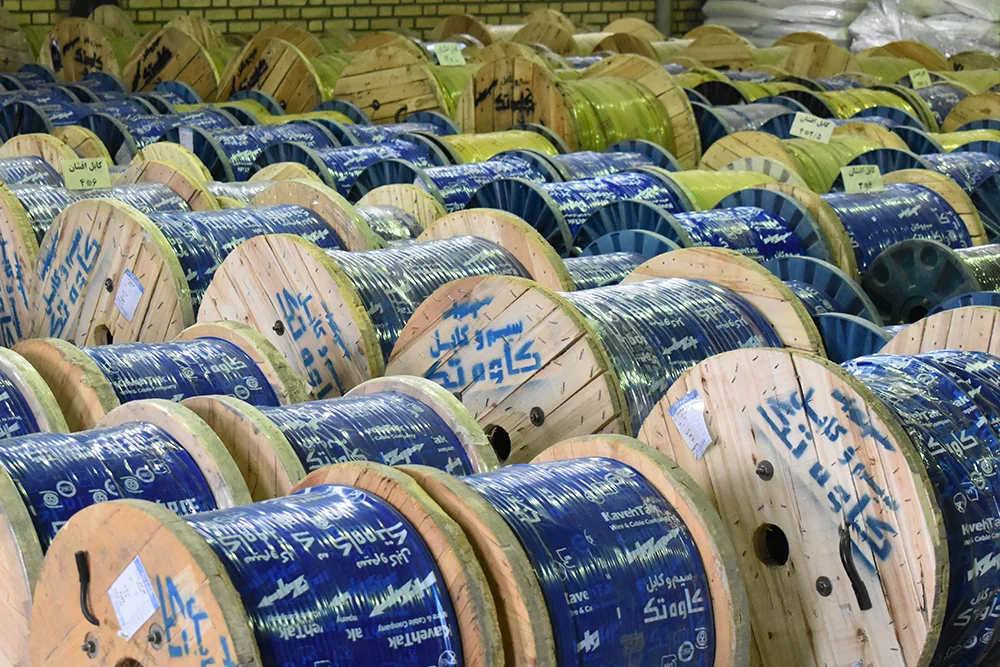Buying wires and cables is one of the critical steps in any electrical or telecommunications project. Choosing the right wire and cable can have a huge impact on the performance, security and longevity of the system. In this article, we will review the important points that you should keep in mind when buying wires and cables. Stay with us to help you make better decisions and make a more confident purchase.
Knowing the types of wires and cables
Electric wires
Electrical wires are used to transmit electrical energy from one point to another. These wires can be used for various applications including household and industrial electrification. There are different types of power cords to choose from depending on your needs.
Telecommunication cables
Telecommunication cables are used to transfer data and information from one point to another. These cables include fiber optic cables and copper cables designed to transmit audio and data signals.
Special cables
Special cables are designed for specific applications, such as high temperature resistant cables, waterproof cables and cables with special coatings. These cables are used for special environments and special conditions.
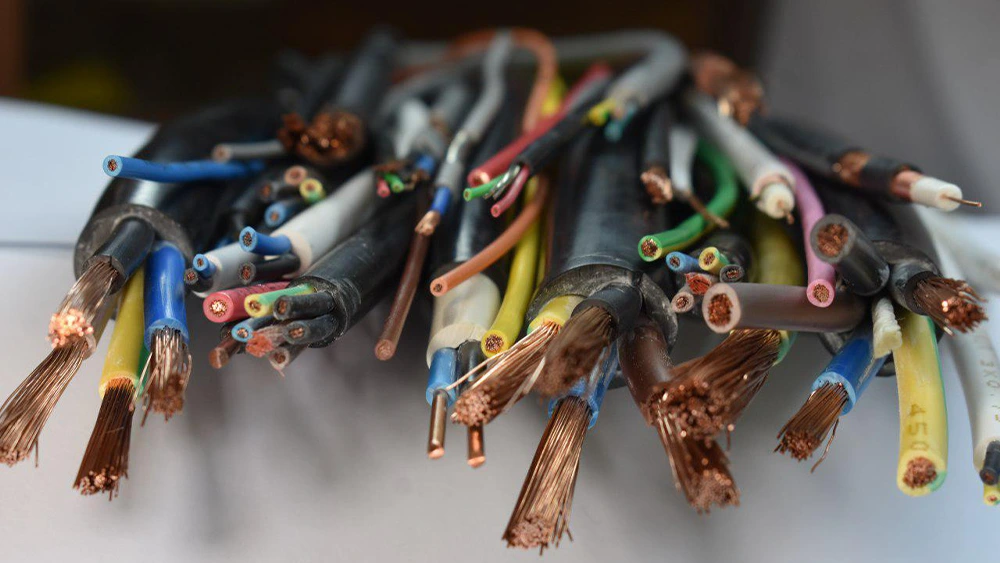
Raw materials used
copper
Copper is one of the most important raw materials in the production of wire and cable. This material is widely used in the electrical and telecommunications industry due to its high conductivity and corrosion resistance.
Aluminum
Aluminum is also used in the production of wires and cables due to its light weight and lower cost than copper. This material is mostly used in power cables and airlines.
Insulation material
Insulating materials are used to protect the metal core of wires and cables and prevent shorting. These materials include plastics, polymers, and in some cases nanomaterials that help improve insulation properties.
Attention to standards
International standards
Compliance with international standards such as IEC and UL is necessary to ensure the quality and safety of wires and cables. These standards include technical, safety and quality requirements that must be met in the production and use of wires and cables.
National standards
National standards also play an important role in guaranteeing the quality and safety of products. These standards may conform to international standards or provide specific features for local conditions.


